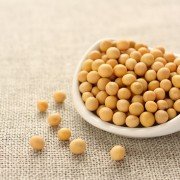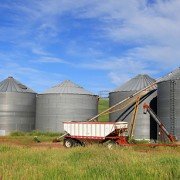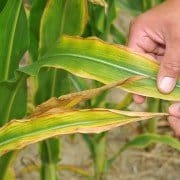Canada IP program for non-GM soybeans world’s best
But new competitors are trying to break into the market so Canada must stay vigilant
Canada has the best identity preserved program for non-GM (genetically modified) soybeans in the world.
That’s what Neoh Soon Bin, managing director of Soon Soon Group, a Malaysian flour and oilseed-processing company, told the Canadian Global Crops Symposium here March 27.
The quality of Canadian non-GM soybeans, used mainly in human food products such as soy milk and tofu, ranks among the best in the world, Soon Bin said.
“Canadian (soy)beans perform very well,” he said.
But it’s Canada’s certification system ensuring soybeans are non-GM that really stands out. Read more




